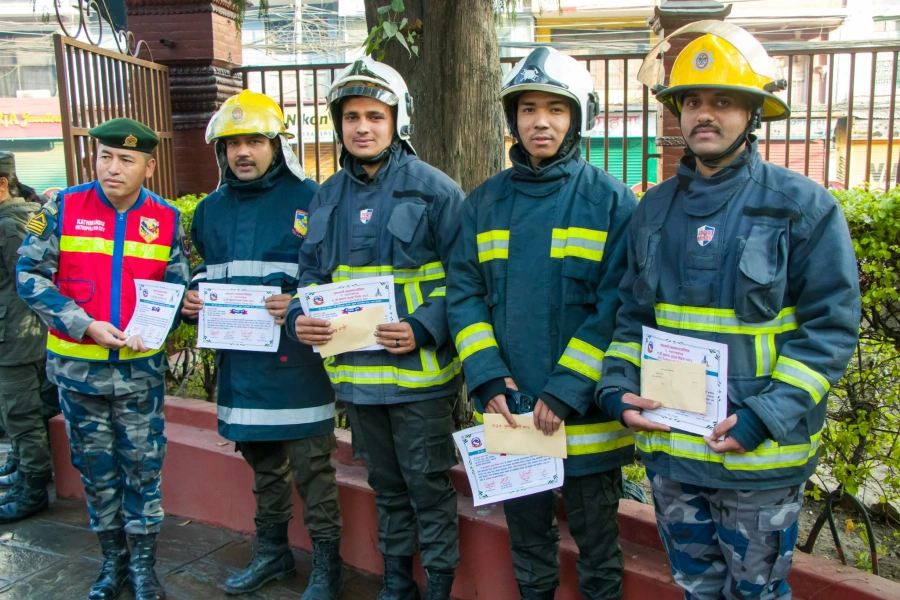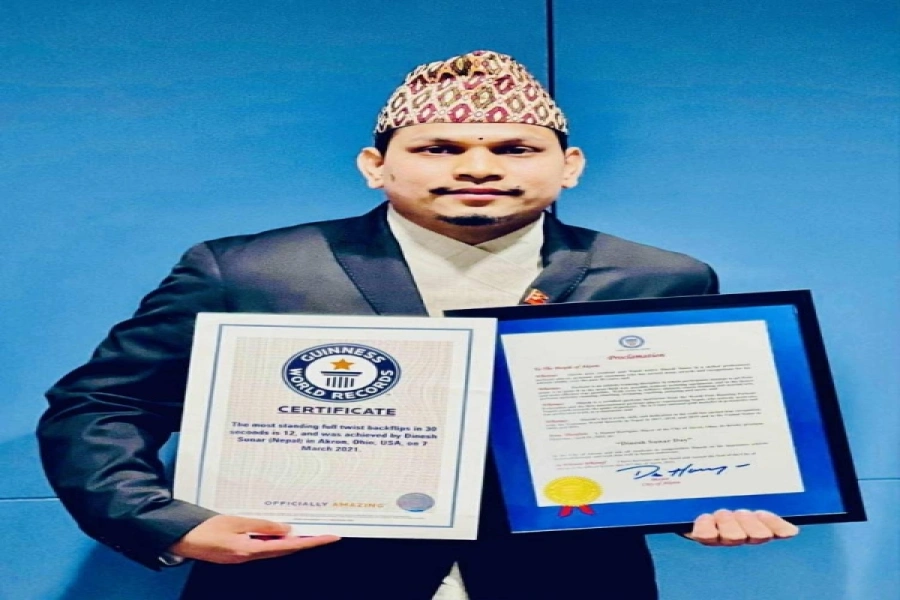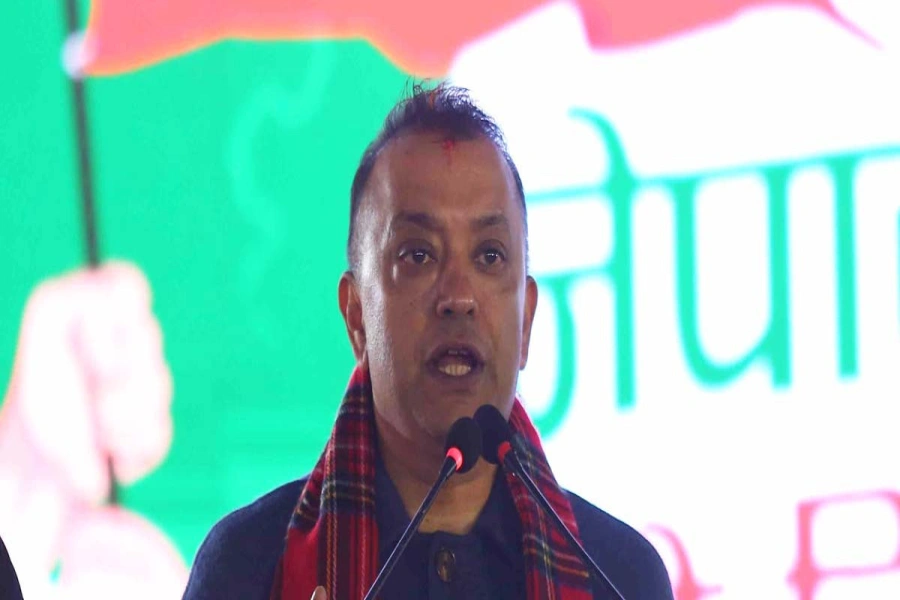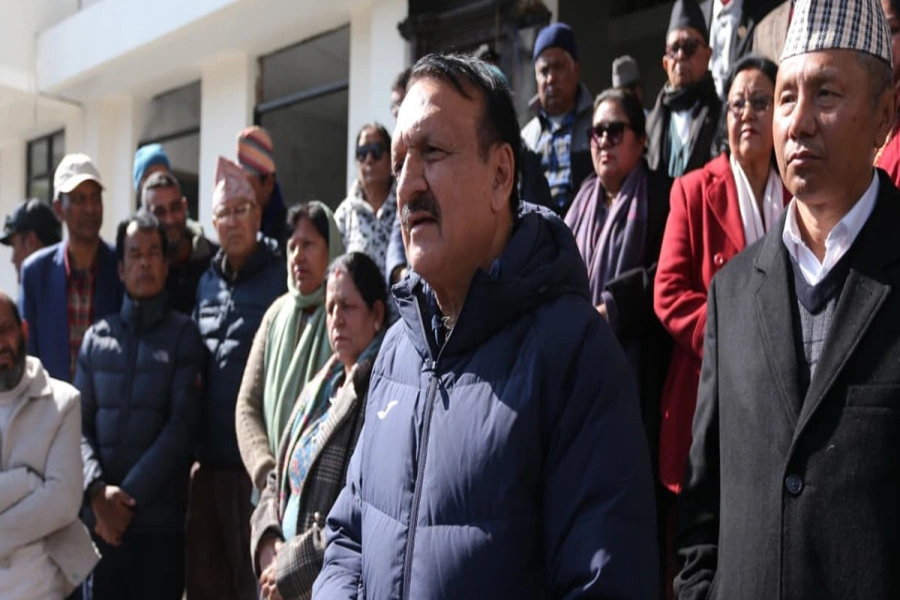In recent weeks, various parts of the country including the Kathmandu Valley have been grappling with a severe outbreak of dengue fever, a mosquito-borne disease that has tragically claimed 14 lives and affected more than 24,000 individuals. This alarming situation has prompted a swift and concerted response from health authorities, and it is imperative to acknowledge and commend their relentless efforts in containing the spread of this deadly disease. The proactive measures taken by health authorities are indeed a positive development in addressing the dengue outbreak. The Epidemiology and Disease Control Division (EDCD) has been closely monitoring the situation, issuing advisories to raise public awareness about the risks associated with dengue. Furthermore, the dedication and expertise of Nepal's medical professionals deserve commendation. Doctors and healthcare workers have been tirelessly treating dengue patients, with some hospitals reporting an average of a dozen new cases daily. Their unwavering efforts have undoubtedly saved lives and provided much-needed relief to those suffering from this debilitating disease. In addition, the response from local authorities, such as the Kathmandu Metropolitan City Health Branch, is encouraging.
Dengue kills three people in Gandaki in three weeks

It is worth mentioning that early diagnosis and prompt medical attention are essential in managing dengue, and healthcare providers in Nepal have admirably risen to this challenge. Understanding the nature of the disease is essential while addressing the dengue outbreak. Dengue is a communicable disease transmitted through the bite of a certain type of mosquito. Symptoms can range from severe headaches and body aches to more critical conditions like internal bleeding and a decrease in red blood cells. With no specific antiviral treatment available for dengue, prevention is the best remedy. Doctors and experts emphasize the importance of preventing mosquito bites, as individuals can be repeatedly bitten by the same mosquito. Mosquito control measures, such as eliminating breeding grounds by emptying containers with stagnant water and ensuring proper hygiene and sanitation practices, are essential steps to halt the spread of the Aedes aegypti mosquito. These preventive measures are vital components of the battle against dengue and deserve widespread attention and support. One can lower the risk of contracting dengue by protecting themselves from mosquito bites through the use of clothings that cover as much of the body as possible, utilizing mosquito nets while sleeping during the day, ideally nets sprayed with insect repellent.
Given the severity of the dengue outbreak, it is essential for health authorities to maintain their efforts, and the public to fully cooperate with their efforts. Dengue is a preventable disease, and with collective action, it can be controlled and ultimately eradicated. The government must allocate adequate resources and support to health agencies to enable them to continue their vital work. Additionally, community involvement is crucial in this fight against dengue. Individuals and communities must take responsibility for their surroundings by eliminating mosquito breeding sites and adopting safe practices to protect themselves from mosquito bites. This collaboration between health authorities, medical professionals, and the public is the most effective strategy to combat dengue effectively. While the dengue outbreak in Nepal, including the Kathmandu Valley, is undoubtedly a cause for concern, the efforts taken by health authorities to contain its spread are indeed a positive development. Their vigilance, dedication, and the proactive measures they have undertaken are commendable. It is now the responsibility of every citizen to support these efforts, follow preventive guidelines, and work together to eliminate the threat of dengue from our communities. With a collective and unwavering commitment, we can overcome this public health crisis and ensure a safer, healthier future for all.




































